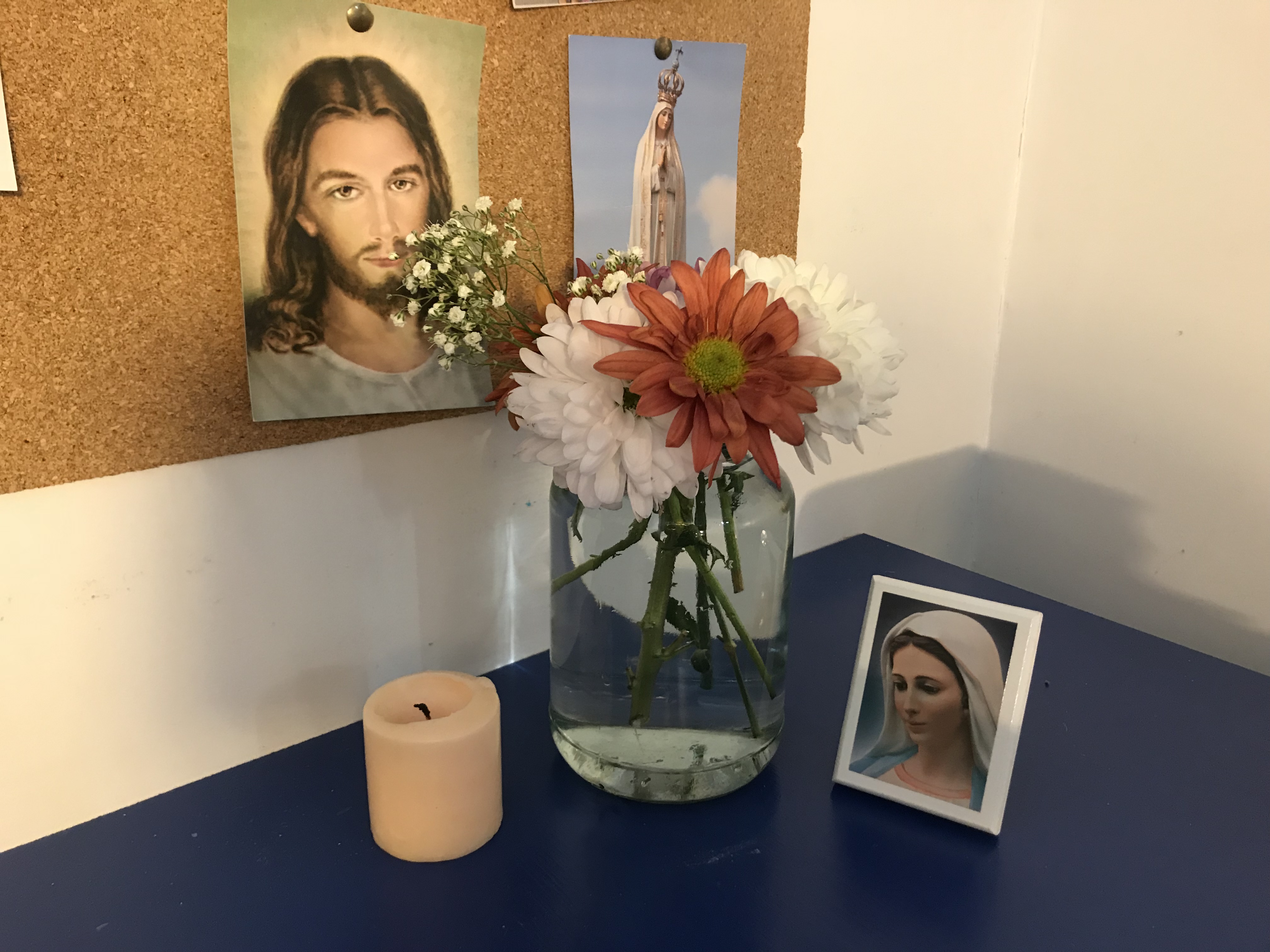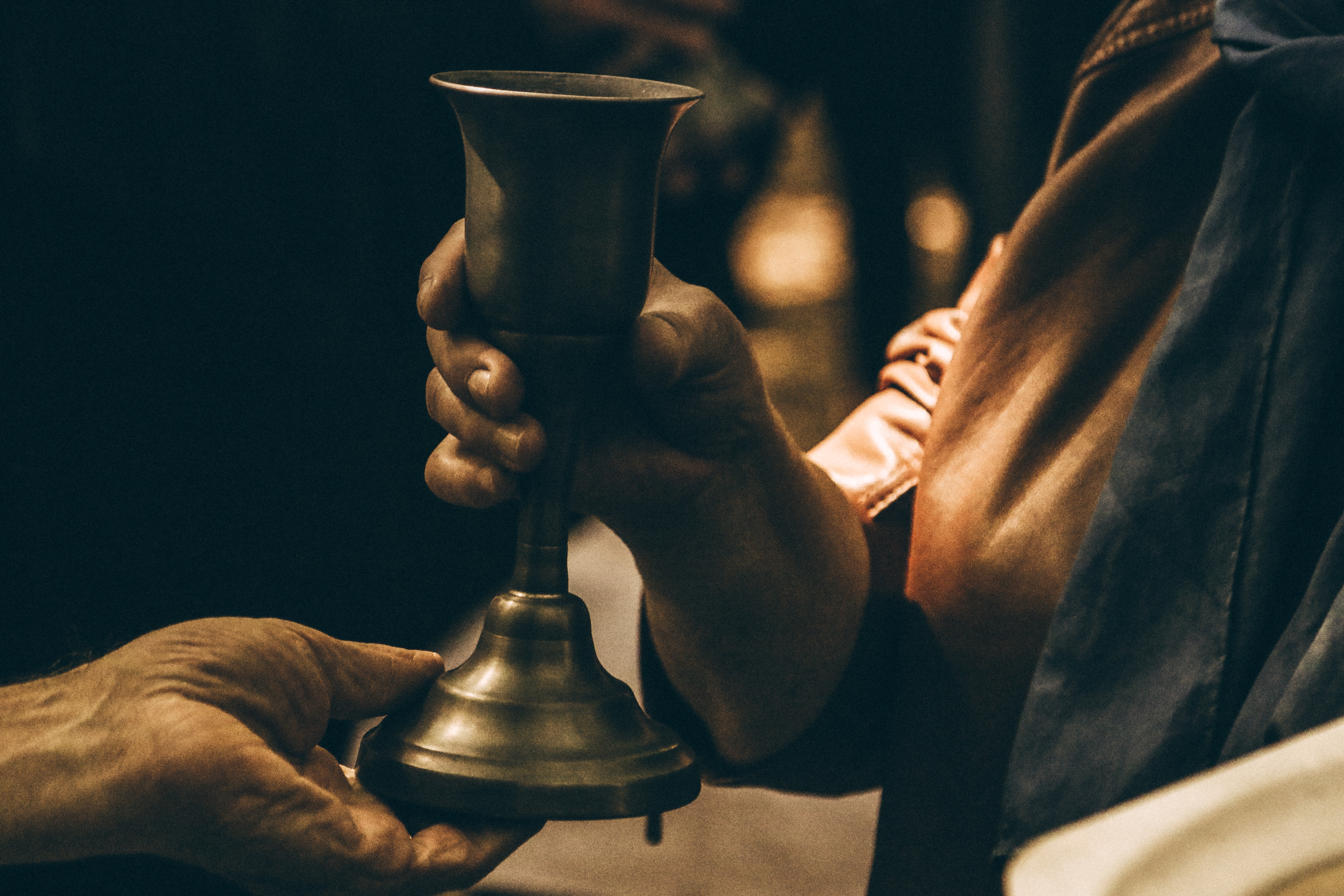I have been struggling with what I call the “theme-parking” of our culture. We spend endless hours planning and more money than I want to think about to go to places that make our fantasies reality. We greet mice and visit wizard hang outs and mingle with superheroes. My fear is that in the process, we are losing our ability to distinguish real from make-believe.
Don’t get me wrong, it’s okay and even healthy to engage in pretend play and we can have fun thinking about super powers. It gives us a feeling of control over potentially difficult situations. But it can go too far and our desire for the escape that fantasy provides can become a substitute for reality. We seem to have lost our collective grip on objective truth and our society is blurring those lines of what is and isn’t real. We are reaching the point where something becomes true simply because it is proclaimed as truth.
The prophet Isaiah calls out to us, just as he did to the people of Israel. He calls to us both individually and collectively. “This is the way, walk in it.” The people of Israel were waiting for the Messiah, they were anticipating and preparing for his arrival. We live in the time after the Messiah. We have the power and wisdom of his example as a model for our lives. Ours has been called a post-Christian society because the great majority of people have heard about Jesus and many think they know him. They think they know him yet they have dismissed him. To truly know Jesus is to be transformed, if Jesus has been dismissed as irrelevant, it means that he was never really known.
Advent provides us with a time to think about just what we know about Jesus and how well we know him. We are reconnected with the prophecies he fulfilled. We hear again the names given to him; Emmanuel, God is with us, Prince of Peace, Wonderful Counselor. Isaiah tells us that we will hear whispers guiding us along the way, correcting us when we veer to the left or to the right.
Jesus takes it a step further saying, “I am the Way, the Truth, and the Life.” When we hear someone claim to speak the truth in our world, we need to stop and remember that the truth is not an idea, but a named person who lived in flesh and blood. Truth is not an abstraction, changing under pressure. Truth is a person to be followed and in today’s Gospel, Jesus reminds us that we have an obligation to share Truth, to introduce others to His love and mercy.
Let us take some time this Advent to quiet our hearts from all that is being proclaimed around us and make room for Truth. We will find we don’t even need a theme park to make him real.
He estado luchando con lo que llamo el “parque de diversión” de nuestra cultura. Pasamos horas interminables planeando y más dinero de lo que quiero pensar para ir a lugares que hacen realidad nuestras fantasías. Saludamos a gente vestido de ratoncitos y visitamos los lugares de reunión de los magos y convivimos con los superhéroes. Mi temor es que, en el proceso, estemos perdiendo la capacidad de distinguir lo real de lo ficticio.
No me malinterpreten, está bien e incluso es saludable participar en juegos de simulación y podemos divertirnos pensando en superpoderes. Nos da una sensación de control sobre situaciones potencialmente difíciles. Pero puede ir demasiado lejos y nuestro deseo de escape que proporciona la fantasía puede convertirse en un sustituto de la realidad. Parece que hemos perdido el control colectivo sobre la verdad objetiva y la sociedad está borrando esas líneas de lo que es y no es real. Estamos llegando al punto en que algo se vuelve verdadero simplemente porque se proclama como una verdad.
El profeta Isaías nos llama, como lo hizo con el pueblo de Israel. Nos llama tanto individual como colectivamente. “Éste es el camino. Síguelo sin desviarte”. El pueblo de Israel esperaba al Mesías, anticipaba y preparaba su llegada. Vivimos en el tiempo después del Mesías. Tenemos el poder y la sabiduría de su ejemplo como modelo para nuestra vida. Nuestra época se llama la sociedad poscristiana porque la gran mayoría de la gente ha oído hablar de Jesús y muchos creen conocerlo. Creen que lo conocen, pero lo han descartado. Conocer verdaderamente a Jesús es ser transformado. Si Jesús ha sido descartado como irrelevante, significa que nunca fue realmente conocido.
El Adviento nos ofrece un tiempo para pensar en lo que sabemos acerca de Jesús y qué tan bien lo conocemos. Estamos reconectados con las profecías que cumplió. Escuchamos de nuevo los nombres que se le dieron; Emanuel, Dios está con nosotros, Príncipe de Paz, Admirable Consejero. Isaías nos dice que oiremos susurros guiándonos por el camino, corrigiéndonos cuando nos desviamos a la izquierda o a la derecha.
Jesús da un paso más allá al decir: “Yo soy el Camino, la Verdad y la Vida”. Cuando escuchamos a alguien decir la verdad en nuestro mundo, debemos detenernos y recordar que la verdad no es una idea, sino una persona que vivió en carne y hueso. La verdad no es una abstracción que cambia bajo presión. La verdad es una persona a la que hay que seguir y en el Evangelio de hoy, Jesús nos recuerda que tenemos la obligación de compartir la Verdad, de presentar a otros su amor y misericordia.
Tomemos un tiempo este Adviento para silenciar nuestros corazones de todo lo que se proclama a nuestro alrededor y dejar espacio para la Verdad. Descubriremos que ni siquiera necesitamos un parque de diversión para hacerlo real.
 Sheryl is happy to be the number 1 cheerleader and supporter for her husband, Tom who is a candidate for the Permanent Diaconate in the Diocese of Kalamazoo. They are so grateful for the opportunity to grow together in this process. Sheryl’s day job is serving her community as the principal for St. Therese Catholic School in Wayland, Michigan. Since every time she thinks she gets life all figured out, she realizes just how far she has to go, St. Rita of Cascia is her go-to Saint for intercession and help. Home includes Carlyn, a very, very goofy Golden Retriever and Lucy, our not-so-little rescue puppy.
Sheryl is happy to be the number 1 cheerleader and supporter for her husband, Tom who is a candidate for the Permanent Diaconate in the Diocese of Kalamazoo. They are so grateful for the opportunity to grow together in this process. Sheryl’s day job is serving her community as the principal for St. Therese Catholic School in Wayland, Michigan. Since every time she thinks she gets life all figured out, she realizes just how far she has to go, St. Rita of Cascia is her go-to Saint for intercession and help. Home includes Carlyn, a very, very goofy Golden Retriever and Lucy, our not-so-little rescue puppy.
Feature Image Credit: Grace Ho, unsplash.com/photos/zej4HPQLR5o












